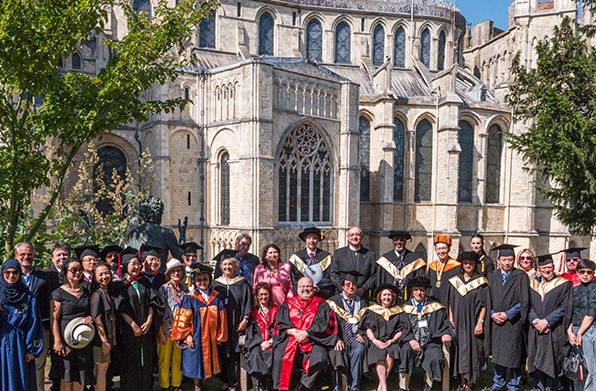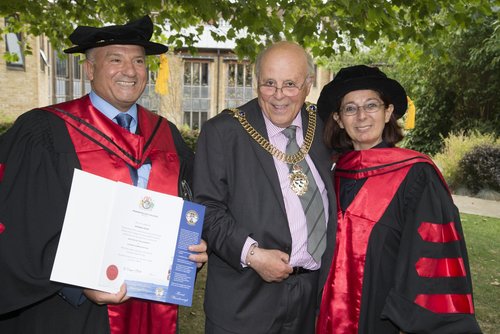CASE STUDY 1: JOHN
John is 64 and lives in Florida. He went to a small college in the Mid-West, where he obtained a BA degree with a major in Business. After he graduated, John worked for a large marketing company as a trainee manager in marketing, and within 3 years John was manager of his division, and then due to his sales skills, he became a director of the company. John left after 10 years and set up his own company in advertising. The challenge was great, but John persevered against all odds and made his company a success – one of the biggest in the South with an annual turnover of $23 million. During his career, he became very involved in the local community, and he was a generous benefactor to local needs, particularly helping disabled children. John was honoured as Business Man of the Year three times. To enable others to learn more about the challenges in business, John facilitated workshops around the USA and internationally. Of course, being a keynote speaker enhanced his profile in the community and in his profession. John was always open to new ideas and challenges, and always made an effort to participate in advertising and marketing workshops.
The only regret that John had was not having an MBA degree. This was his dream. An MBA degree would elevate his status. He heard about ‘competency-based degrees’, a new possibility that was recognised by industry, commerce, universities and the professions. A formal assessment by DBES assessors of his achievements would evaluate his ‘competencies’ against the set criteria of an MBA programme. This opportunity proved attractive as he did not have to start from scratch and go back to college, be away from work and family, pay high fees, and spend hours learning what he already knew. He proceeded with this exciting option, and within months, had his portfolio of evidence assessed against Level 7 (Masteral) requirements. Some gaps were identified which he had to fulfil. Thereafter, he attended a formal awards presentation to achieve his lifelong goal of having an MBA.

CASE STUDY 2: BRUCE
Bruce is a lawyer based in Australia. He graduated with a law degree in 2000. As a mature student, he often referred to himself as a ‘slow learner’ since it took him several attempts to pass the bar examinations. However, he was not a quitter. He kept his feet under the desk and persisted. On graduating from law school, he worked for a top law firm, and eventually opened his own firm. Bruce focused on representing pro bono clients who were not able to pay for legal advice. No one in need was turned away. He gained respect in the community for being a caring and thoughtful lawyer for the ‘underdog’.
Bruce had a passion for learning. He wanted to obtain a doctorate degree in Sociology, with a focus on ‘street gang society’, their problems and how to resolve these. Exploring options at various universities, Bruce concluded that they could not cater to his interest and he was unable to find a suitable mentor. One major concern was the time factor needed for the research. He was unwilling to give up his law practice for full-time study.
A friend introduced him to the concept of a ‘competency-based’ graduate degree that would consider his prior learning and achievements (competencies) towards a degree. Sceptical, he explored this option with Dr Brenden. A cursory meeting revealed that his academic background and career experience placed him somewhere between levels 7 and 8. A simple solution would be to start off as a Masteral student with the option to ‘upgrade’ to a Doctorate if his work was deemed good enough. He would need to undertake some graduate courses and write a thesis with the help of a personal mentor, who would provide critical debate, guidance and thesis supervision. This sounded too good to be true. There was flexibility to meet his needs. He was not under pressure, and he could study, research and write ‘when he had time’. After talking to his appointed mentor, an expert on gang culture, he was enthused to proceed.
He worked diligently and within a year, Bruce had submitted a dissertation of original research which was praised by the examiners for its insights, content and outcomes. He was even encouraged to produce a book.
CASE STUDY 3: WANG

Wang in China had heard about ‘competency-based degrees’ from a colleague. Wang was keen to obtain a graduate degree from outside of China. However, he did not feel confident about his English, and he felt it would take him too long to improve it for a Doctorate. He had a Master’s degree in Engineering, and he had a successful career as an engineer. He taught part-time at a local university. At 54, he sought the status and recognition of being called “Doctor Wang”.
Dr Brenden explained to him that a ‘competency-based degree’ pathway was open to all candidates irrespective of their ability with English, age, or location. Every candidate is unique with different qualifications, life and work experience, and skills. He could start his portfolio first by translating his formal documents such as academic transcripts, CV, and references into English, and work with a local assessor to get his portfolio in shape. Wang thought this was an amazing opportunity, and that he now had a pathway to becoming “Dr Wang”.
CASE STUDY 4: SAYED
Sayed lives in Dubai. He is a successful businessman with a large international import-export business. He had heard about ‘competency-based degrees’ from a friend studying in England. Sayed studied in the USA after leaving school, where he achieved a business degree. What Sayed wanted was an MBA degree that would crown his accomplishments and raise his status among colleagues. He contacted Dr Brenden Education Solutions (DBES) and after some helpful advice, he decided to have his ‘competencies’ formally evaluated against the criteria of an MBA programme. He was delighted when his experience led to recognition and exemption for MBA subjects such as Operations and Logistics Management. This shortened his overall study time for the MBA and as a result, he managed to graduate with an MBA degree within 6 months.

